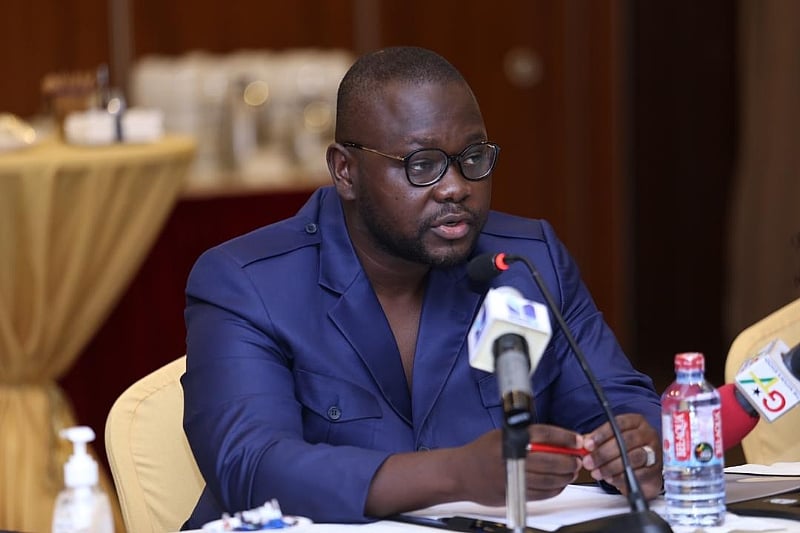The renaming of public universities by the previous Akufo-Addo-led administration and the subsequent plan by the current Mahama-led government to reverse these changes has ignited a debate centered on legacy, national unity, and the appropriate criteria for naming public institutions. Francis Asenso-Boakye, a Member of Parliament and former Minister under the Akufo-Addo administration, has strongly criticized the reversal plan, characterizing it as a petty and regrettable attempt to erase the legacy of his party. He argues that the renaming of the universities was intended to honor distinguished Ghanaians who made significant contributions to the nation’s development, and reversing this decision is not only disrespectful to these individuals but also a dangerous revisionist approach to history.
Asenso-Boakye’s critique emphasizes the potential disruption and instability that could arise if each successive government attempts to undo the actions of its predecessor. He contends that such a cycle of partisan reversal would impede national development and detract from the government’s responsibility to address pressing national issues such as job creation, improving education, and enhancing infrastructure. He believes that the focus on renaming universities represents an indulgence in symbolic politics, a distraction from the real issues that Ghanaians voted for the current government to address.
In contrast, legal scholar and social commentator Professor Stephen Kwaku Asare, known as Prof Kwaku Azar, has voiced support for the reversal of the university renamings, provided the decision is well-considered. He argues that naming universities after political figures, regardless of their contributions, inherently politicizes these institutions and undermines their public character. He posits that universities should be seen as spaces of national unity and academic pursuit, not as platforms for political maneuvering or partisan identification.
Prof Azar proposes alternative naming conventions, suggesting that universities should be named based on their geographical location or their core academic mission. This approach, he believes, would reinforce the universities’ role as institutions serving the broader public interest and avoid the divisive implications of naming them after individuals, particularly political figures. He further emphasizes the importance of maintaining a clear separation between political figures and academic institutions to preserve the integrity and neutrality of the latter.
This debate highlights the complexities involved in naming public institutions, reflecting a tension between honoring individual contributions and upholding the principle of neutrality and public ownership. The renaming of the C.K. Tedam University of Technology and Applied Sciences (CKT-UTAS) and other institutions has become a focal point for this wider discussion about the appropriate criteria for naming public spaces, the legacy of different administrations, and the potential impact of such decisions on national unity and development. It also raises questions about the appropriate balance between recognizing historical figures and ensuring that public institutions remain accessible and inclusive to all citizens, regardless of their political affiliations.
The implications of this debate extend beyond the specific universities in question, touching upon broader issues of national identity and historical memory. The act of renaming or reverting names is not merely symbolic; it reflects how a nation chooses to remember its past and the individuals it chooses to elevate to positions of symbolic prominence. These decisions can shape public perception and understanding of history, potentially contributing to either a sense of shared national heritage or to further divisions along partisan lines. The debate surrounding the university renaming underscores the need for a thoughtful and inclusive approach to naming public institutions, one that acknowledges the complexities of history and strives to foster a sense of shared national identity.


